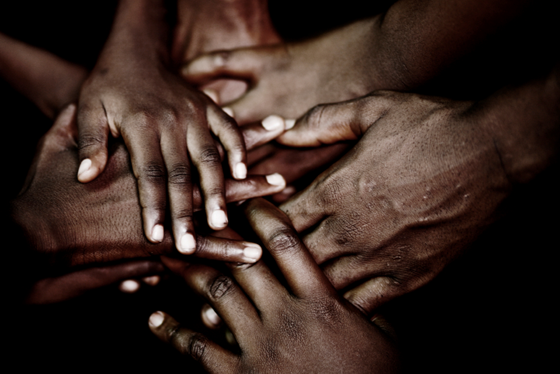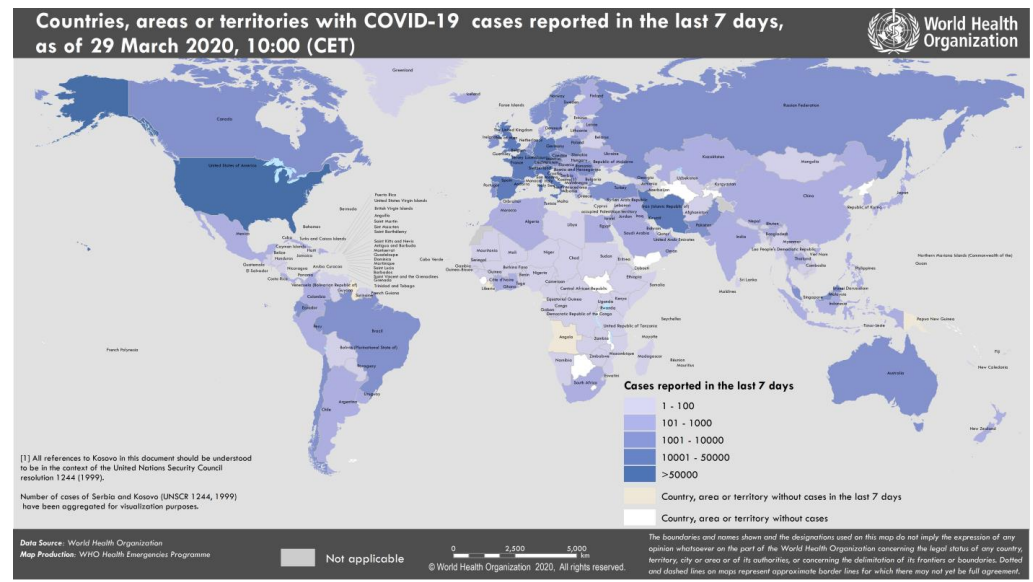
Jean Wameyo writes on the opportunities Covid-19 presents to Kenya

The Government of Kenya faces an unprecedented crisis for which it has instituted certain measures to respond, in order to secure its population. When the WHO declared the 2019-nCoV outbreak a public health emergency of international concern on 29th January 2020, countries started rolling out evolving strategies to curb the pandemic’s ravaging consequences in a fluid and fast paced environment.
Although the exact magnitude of the spread and impact of the virus in Africa is unclear, it is noteworthy that the WHO had warned that up to 190,000 people in Africa could die of COVID-19 related illnesses in by July 2020. Other models by Western Epidemiologists had predicted even larger numbers resultant from the pandemic.
However, Africa’s weakness was perhaps its greatest strength with African Governments – cognizant of the threat posed by weak health systems – responding early, to avoid an apocalypse. Convened by the relatively young African CDC, an emergency meeting of African Health Ministers endorsed an Africa Joint Continental Strategy for COVID-19 (https://africacdc.org/download/africa-joint-continental-strategy-for-covid-19-outbreak/ ) leading to early political engagement and preparedness which demonstrated an ability to address future public health challenges.
From a clinical lens, health issues have taken center stage and forced the conversation around weak health systems and poor investment in health into the limelight. This should see more funding into the Health Sector in line with the 2001 Abuja Declaration (https://www.who.int/healthsystems/publications/abuja_declaration/en/ )
where the African Union countries pledged to set a target of allocating at least 15% of their annual budgets to improve the health sector. UNECA indicates that COVID-19 has led to unanticipated increases in Health spending of up to USD 10.6 bn in Africa. If this is sustained year on year, then Africa will have the potential to meet the needed health financing gap.
Various press articles reported that Pasteur Institute in Dakar, Senegal (https://edition.cnn.com/2020/03/12/africa/senegal-uk-coronavirus-rapid-test-kit/index.html) and KEMRI (https://www.standardmedia.co.ke/health/article/2001367222/kemri-starts-manufacturing-covid-19-rapid-test-kits) in Nairobi, Kenya (in partnership with international research organizations) had started working to authenticate test kits that would produce test results for COVID-19 in 10 – 15 minutes. The acumen in these innovations can be attributed to the fact that – with enough investment – technological know-how can be promulgated regionally for the benefit of the Continent.
Building on the COVID-19 momentum provided the opportunity to address outstanding human resource for health challenges with countries like Kenya recently advertising for 5000 additional health positions and expanding hospital capacity.
Public private partnerships have been enhanced to resolve what is otherwise a public health problem with bodies such as the Kenya Health Federation – representing the Kenya Private Sector Alliance – rising to the occasion to influence public policy and bridge the gap left by the public sector. Medical personnel of Kenyan origin from across the globe have rallied together through virtual platforms to exchange solutions on case management which is cheaper than alternative modalities for capacity building.
On the enabling front, COVID-19 has created a hub for innovation at the local level with citizens adapting local solutions to local problems in the absence of external support. The interruption of global supply chains has provided impetus for the revival & adaptation of garment factories in Kenya to manufacture & supply personnel protective equipment for health workers and masks for the general public in the face of the pandemic. Indirectly the revival of such factories has boosted the agricultural sub-sector for cotton farming and will increase household spending in health (and other social sectors) as people retain jobs despite the lock down.
It also became evident that the alcohol/ethanol industry could produce large volumes of hand sanitizers that are always in demand in hospital settings but have heretofore been imported. Travel restrictions occasioned by the pandemic have revived the debate around an over reliance on South Africa & India for treatment of many health conditions & importation of basic health requirements which have been poor policy choices.
Not to waste this crisis, African states must – through the African Union, African CDC and African Development Bank – continue to approach Health System Strengthening from a multisectoral & continental lens. Investing in continental, regional & local institutions will increase the level of preparedness to address future pandemics. In so doing, Africa can overcome its structural challenges to not only fight the pandemic but also inform long term policy positions that will enable it recover from an adverse post-COVID-19 impact.
Beyond simply a medical response, Africa at large and Kenya more specifically, must look to the plethora of expertise at its disposal to define acceptable policy solutions to address what is the continent’s largest challenge since independence.
About the author

Ms Jean Wameyo, is a Public Financial Management expert working in the Health Sector. In her free time she blogs on topical issues and books on her own blog at http://ishiomborantings.blogspot.com/




